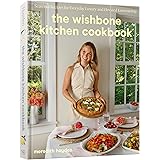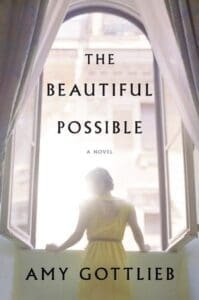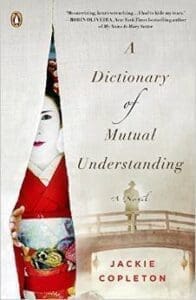Loving Eleanor by Susan Wittig Albert– 306 pages
Book Blurb:
Set during the chaotic years of the Great Depression, the New Deal, and the Second World War, Loving Eleanor reveals Eleanor Roosevelt as a complex, contradictory, and entirely human woman who is pulled in many directions by her obligations to her husband and family and her role as the nation’s First Lady. Hick is revealed as an accomplished journalist, who, at the pinnacle of her career, gives it all up for the woman she loves. Then, as Eleanor is transformed into Eleanor Everywhere, First Lady of the World, Hick must create her own independent, productive life. Loving Eleanor is a profoundly moving novel that illuminates a relationship we are seldom privileged to see, celebrating the depth and durability of women’s love.
My Review: 4 stars
Loving Eleanor was so much more than a fictionalized account of Eleanor Roosevelt’s (ER’s) love story with Lorena Hickok. It offered a unique historical outlook into the unprecedented three terms the President and First Lady spent in the White House.
The love story between these two women is beautiful and meaningful. They were ahead of their time in so many facets of the women’s right movement: work, community service, opportunity and the ability of loving who you chose. Hick had a significant influence on ER in her role as First Lady and much of it turned out to be quite significant in American history.
Certain things not only amused me, but also increased my knowledge of the time period in which they ran the country. For example regarding the former: DuPont, the only supplier of nylons, stopped production to make parachutes instead; lapels were made smaller and kick pleats replaced large box pleats to save fabric so clothes would be less expensive; and the protest by women to keep girdles in fashion were a few of the fashion sacrifices during the war.
Additionally, FDR’s continual affairs of the heart (and body) were commonplace and it just amazed me at how well known they were to the staff and press alike. ER’s outside relationships were also well known but of course, FDR held the upper hand in diminishing them.
There were some moments of repetition and historical names being dropped and discussed that I didn’t find necessary and wanted to skim over. However I had to remember that this is told in Hick’s POV, as her memoir, and she was a reporter first and an author second.
I highly recommend this book. It’s wonderful for discussion and a good dose of historical facts to boot.
Quotes I liked:
One day you look at the person you loved and see someone you haven’t seen before – and then you look at yourself and you see that you are altered as well.”
“Love has a way of creating its own truth, of writing its own story.”
-“Perhaps I was afflicted with the moral arrogance of the young, or perhaps I knew as a child what I know as an adult: that to give in to circumstance is to fail to live fully.”
-“But I was hungry for time with her mother, a hunger that our separation had intensified to a starvation.”
-“No, it wasn’t the end. But it was the end to the beginning.”
-“As always, loving Eleanor was a work in progress.”
















